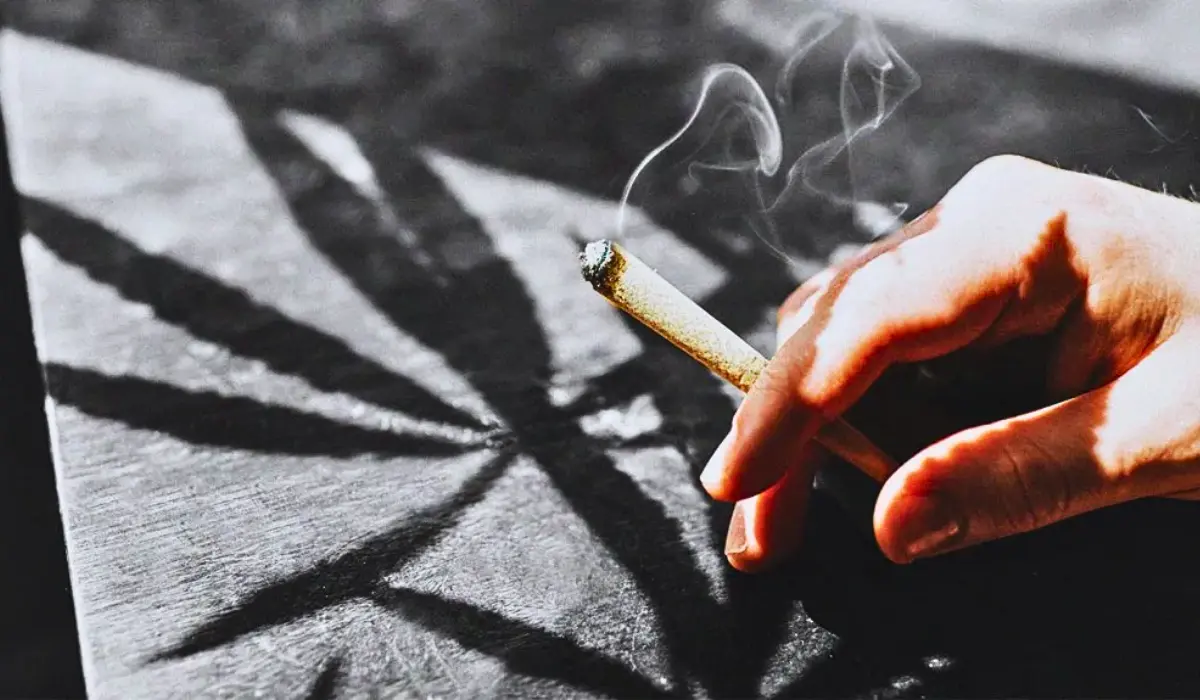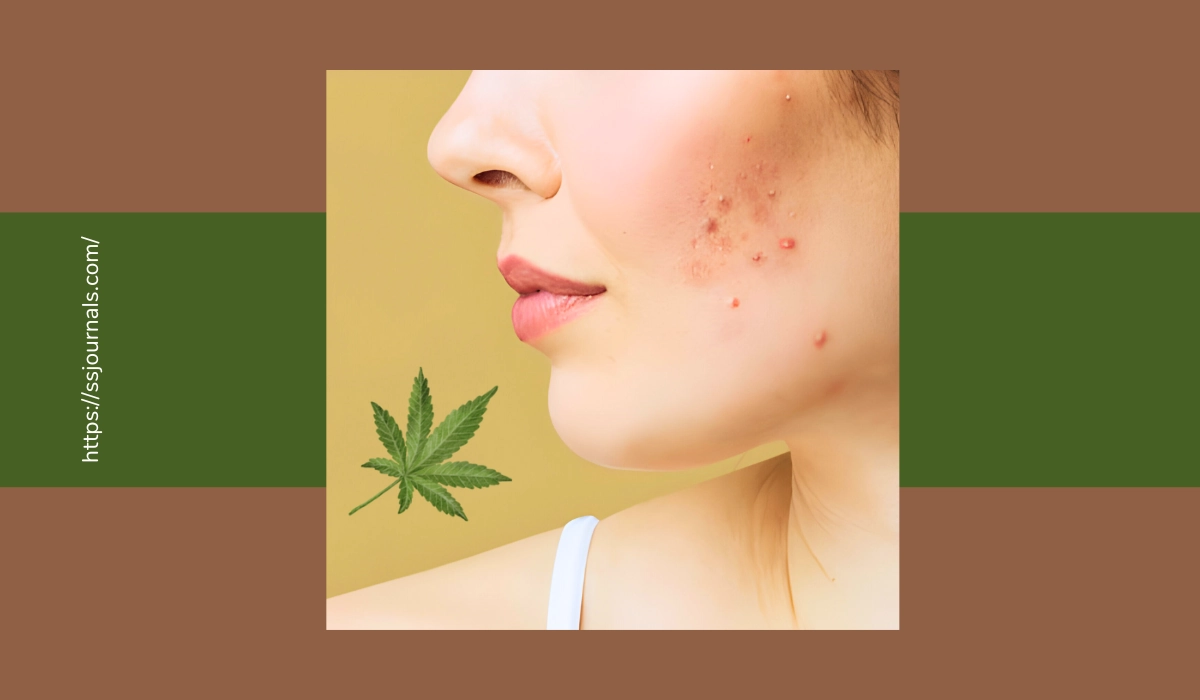Acne is a prevalent skin condition that impacts individuals of various ages. It can cause red, inflamed breakouts that may leave scars. With over 50 million Americans struggling with acne every year, many seek solutions to clear their skin.
Cannabis contains various compounds that interact with the human body in complex ways. This has sparked debate on whether weed impacts acne. In this article, we analyze multiple research studies and expert opinions to answer the pressing question: does smoking weed cause acne? Read on to learn the effects of cannabis on skin health.
Link Between Smoking Weed and Acne
So, does weed cause acne? There is no definitive evidence proving that smoking weed directly causes acne breakouts. However, cannabis smoke does contain compounds that may indirectly contribute to acne in some individuals.

Acne develops when hair follicles are blocked by a combination of dead skin cells, oil, and bacteria. This causes inflammation and breakouts. The primary causes are hormonal changes, genetics, certain medications, and excess oil production.
According to Dr. Adam Friedman, associate professor of dermatology, “The extent to which smoking (cannabis) can truly exacerbate acne is controversial.”
While weed smoke does not contain the same acne-provoking toxins as cigarette smoke, some studies suggest it may play a role. Let’s analyze the potential effects.
Does Weed Cause Hormonal Imbalance?
Hormonal imbalances often trigger excess sebum production, leading to clogged pores. A study in Drug and Alcohol Review indicates that heavy cannabis use may interfere with blood levels of testosterone and several other hormones.
However, there is insufficient evidence to prove that occasional weed use significantly impacts hormones enough to cause acne directly. Further investigation is required in this area.
Does Weed Have Any Benefit for Skin?
Emerging research shows that when applied topically, certain cannabis compounds may benefit skin health. For example, CBD displays anti-inflammatory properties that could help soothe breakouts.
Additionally, early studies suggest THC and CBD may modulate oil production. This could prevent pores from becoming clogged with excess sebum.
However, most evidence for cannabis skin benefits comes from lab studies using isolated compounds. More research is still needed, especially in human trials. However, early findings are intriguing for acne and many other skin conditions.
Can Weed Make Your Skin Break Out?
Now let’s come to the crux of the matter – can weed make you breakout? For most occasional cannabis users, there appears to be little to no heightened risk of acne breakouts. Unless you have highly acne-prone skin, moderate weed consumption is unlikely to trigger substantial blemishes or inflammation.
However, frequent, heavy use may indirectly worsen acne in those already struggling with regular breakouts. Dermatologists hypothesize that consistent exposure to smoke could clog pores over time. And potential hormonal shifts from high THC doses could also play a role.
Additionally, overeating from “munchies” may prompt increased oil production. This excess sebum could clog pores and lead to more breakouts.
Overall, moderate cannabis consumption appears relatively safe for skin health. But those battling chronic, severe acne may consider limiting intake. As always, consulting a dermatologist is recommended to understand your unique situation.
The Verdict: Occasional Cannabis Use is Unlikely to Cause Acne
So, does smoking weed cause acne? Based on current research, there is little evidence conclusively linking occasional cannabis use with acne and breakouts. While some studies suggest a potential association, confounding factors make it impossible to pin the blame solely on weed.
However, chronic heavy use may potentially impact hormones and oil production in some individuals. Those already struggling with severe acne should exercise caution with high THC intake. Seeking advice from a dermatologist can offer tailored guidance for your specific needs.
Meanwhile, early research displays promising skin benefits for topical CBD and THC applications. So cannabis compounds may actually help alleviate acne down the line. But more rigorous study is still needed first.
For now, occasional cannabis users do not need to worry about breakouts from their weekly joints. But as always, moderation is key – even with natural compounds like weed. Monitoring your skin’s reactions can provide helpful insight as well.
Conclusion
Acne can feel frustrating, and painful, and often be a blow to self-confidence. With acne rates continuing to climb, many seek ways to clear their complexion. This includes analyzing potential acne triggers like smoking weed causes acne.
But based on expert opinions and current research, occasional weed consumption appears unlikely to cause breakouts for most people. While some studies display a slight correlation, confounding factors prevent conclusively blaming cannabis use.
Moderate intake seems relatively safe for skin health unless you already deal with chronic, severe acne. However, heavy, consistent cannabis use could potentially worsen breakouts through indirect effects like oil production and minor hormonal shifts.
Ultimately, genetics and hormonal fluctuations seem to trigger acne far more than environmental factors. Moderation and diligent skin care remain key for keeping complexions clear. Monitoring your skin’s unique reactions can also provide helpful insight. But those set on using cannabis can breathe easy knowing it likely does not directly cause acne breakouts.
What tips have helped you improve your complexion? What questions remain unanswered?

